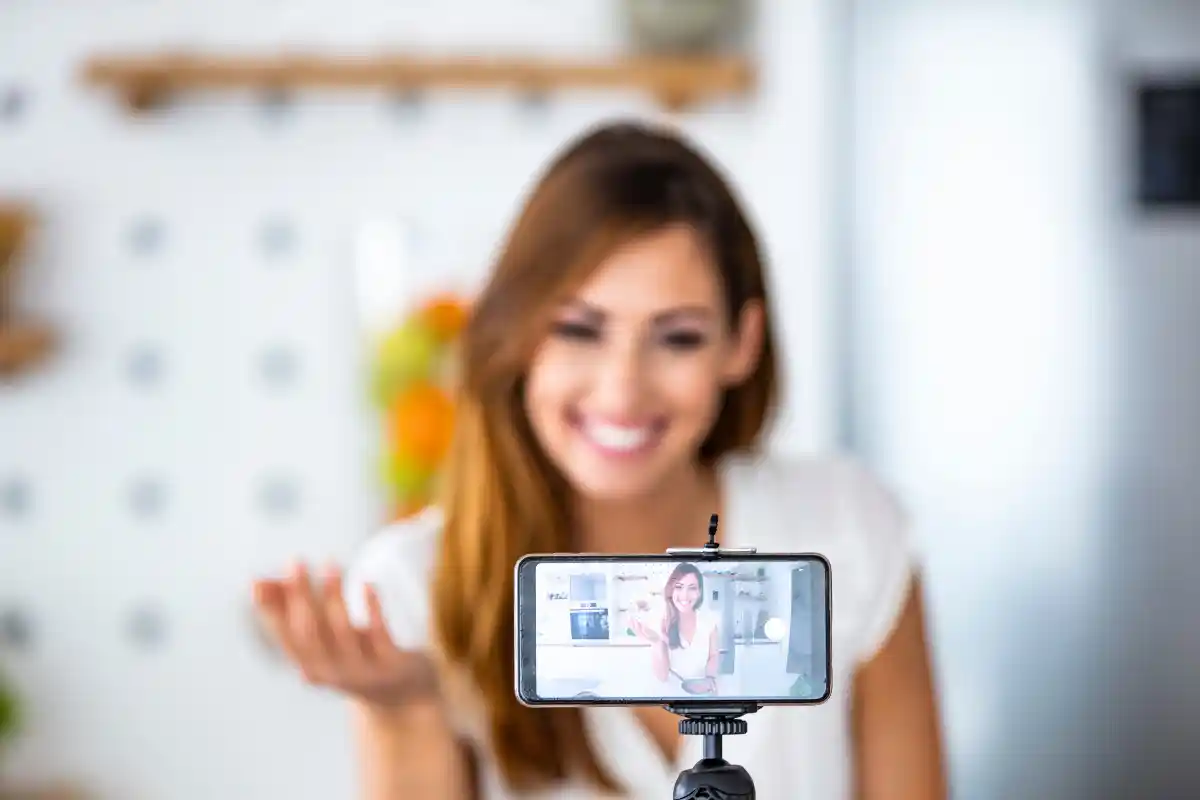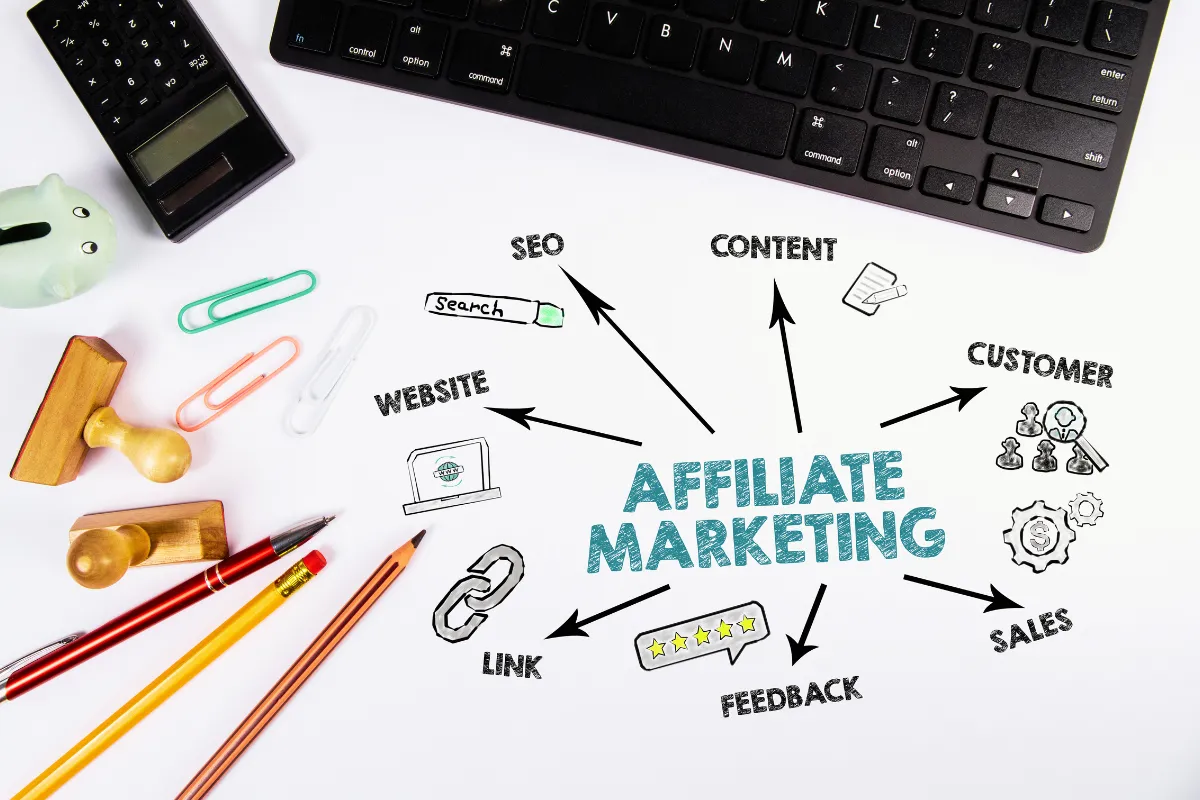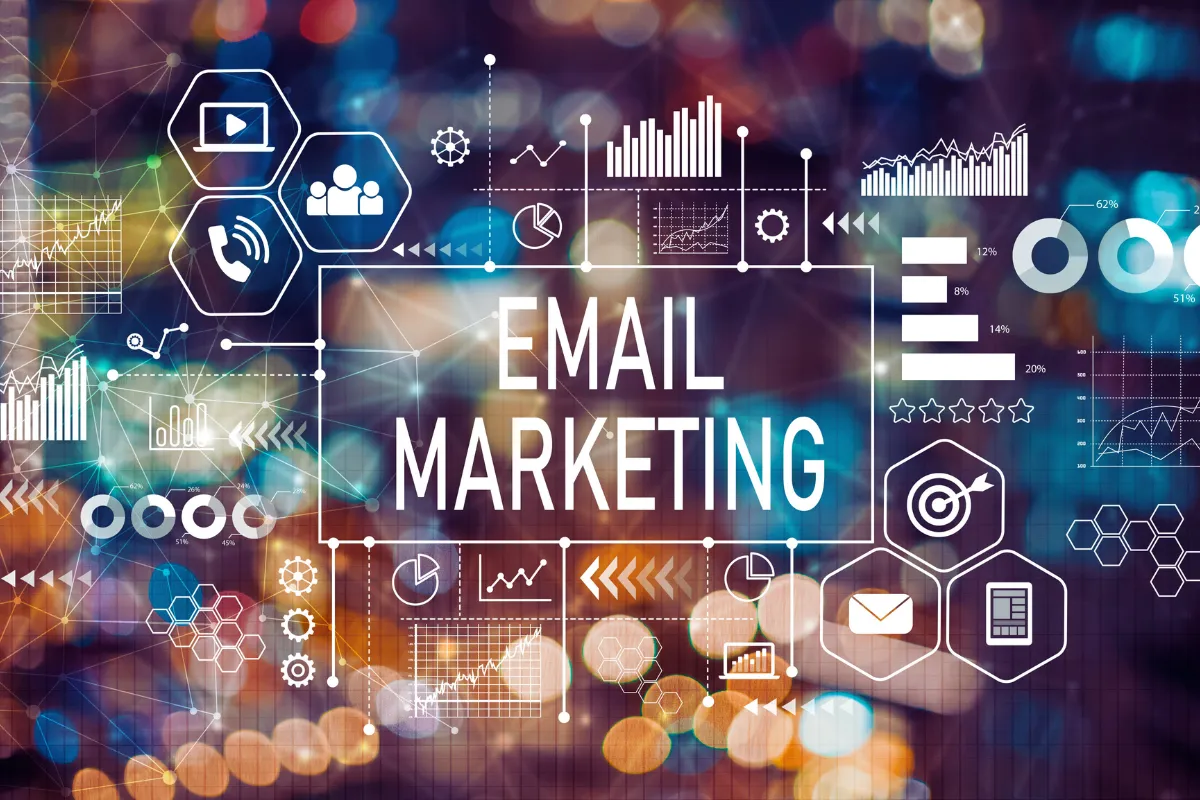Link marketing is one of the most powerful yet often overlooked strategies in digital marketing. By building strong, high-quality backlinks, businesses can boost their search engine rankings, drive organic traffic, and establish greater online credibility.
But here’s the challenge: creating valuable backlinks at scale takes time, effort, and the right connections. This is where influencers come into play.
Influencers have built loyal, engaged audiences that trust their recommendations. When leveraged correctly, their platforms can become a valuable source of authentic backlinks and amplified brand exposure.
Instead of solely relying on traditional link-building tactics, partnering with the right influencers can bring a human touch to a business’s SEO efforts. It’s about making link marketing smarter, not harder.
In this blog, let’s dive into how influencers can help amplify link marketing efforts and what steps businesses can take to maximize this opportunity.
Understanding Link Marketing and Its Role in SEO
At its core, link marketing focuses on earning backlinks from reputable sources to strengthen a website’s authority. Each quality backlink acts like a vote of confidence, signaling to search engines that the site is trustworthy and valuable. The more relevant, high-authority links a site has, the higher it tends to rank.
For businesses, this means greater visibility on search engine results pages, more organic traffic, and improved brand recognition. However, not all links are created equal. Links from spammy or irrelevant sources can actually harm SEO performance rather than help it.
Effective link marketing is about building genuine relationships, creating valuable content, and positioning the brand naturally within the digital ecosystem.
Traditional methods like guest blogging, press releases, and partnerships still matter, but they are no longer enough on their own.
With competition getting fiercer every year, businesses need creative ways to earn authoritative links. This is where influencers, with their loyal audiences and industry credibility, offer a fresh and highly effective approach to link marketing.
Why Influencers Are Game-Changers for Link Marketing
Influencers bring a different kind of energy to link marketing; one that’s fueled by trust, relatability, and organic engagement. Here’s why their involvement can change the entire game.
First, influencers already have what most businesses are trying to build: an engaged, trusting audience. When an influencer shares a link, it feels more like a recommendation from a friend than an advertisement.
Here are some ways influencers amplify link marketing:
- Trust Factor: Followers often trust influencer recommendations more than traditional ads.
- Higher Engagement: Influencer content gets liked, shared, and commented on at much higher rates.
- SEO Boosts: Content shared by trusted voices attracts organic backlinks from other sites and blogs.
- Extended Reach: One collaboration can introduce a brand to entirely new markets or niche communities.
Influencers can also create context around links, making them feel natural and non-intrusive. Rather than dropping a random link, they weave it into a story, tutorial, or review that feels authentic. This storytelling approach drives more clicks and keeps audiences genuinely interested.
Moreover, influencers often cross-promote across multiple platforms (blogs, YouTube channels, Instagram, newsletters), giving backlinks even greater exposure. Instead of one link placement, businesses often get a multi-channel marketing push.
Partnering with the right influencer turns link building from a cold transaction into a dynamic conversation. It’s not just about backlinks anymore. It’s about building relationships, credibility, and meaningful brand advocacy.
Types of Influencers That Can Boost Your Link Marketing
Not all influencers are created equal, especially when it comes to link marketing. Different types of influencers bring different strengths to the table, depending on the target audience and campaign goals.
Here are the key types of influencers to consider:
- Mega-Influencers: These are celebrities or personalities with millions of followers. Their massive reach is ideal for brand awareness but can be less targeted when it comes to niche audiences.
- Macro-Influencers: Typically having between 100,000 to 1 million followers, macro-influencers balance reach and engagement well. They often specialize in specific industries, making them a great fit for targeted link marketing.
- Micro-Influencers: With 10,000 to 100,000 followers, micro-influencers are known for stronger engagement rates. Their audiences are highly interactive and tend to trust recommendations more.
- Nano-Influencers: Nano-influencers have fewer than 10,000 followers but extremely loyal communities. They drive authentic conversations and are often cost-effective for small businesses.
- Industry Experts and Thought Leaders: These influencers may not have the largest audiences, but they command authority within their niches. A backlink or mention from them can significantly boost SEO and brand trust.
Choosing the right influencer type depends on the brand’s campaign goals. It’s about matching the level of reach, engagement, and industry relevance rather than simply chasing follower numbers.
Choosing the Right Influencers for Link Marketing
Selecting the right influencer isn’t just about picking someone with a big audience. It’s about making sure their brand, audience, and content style align naturally with the business’s goals. Here’s how to make smarter, more strategic choices.
Start by defining the primary goal of the link marketing campaign. Whether it’s brand awareness, SEO growth, or lead generation, the goal will shape which influencers are worth considering. A clear objective makes the search more focused and efficient.
Next, look beyond surface-level metrics. Follower counts can be misleading, especially when influencers may have purchased fake followers or suffer from low engagement rates. The real value lies in how actively their audience interacts with them.
Tools for Vetting Influencer Credibility
- Upfluence: Search and analyze influencers based on engagement rates, audience demographics, and authenticity scores.
- HypeAuditor: Conducts detailed audits to detect fake followers and analyze engagement patterns.
- BuzzSumo: Identifies influencers based on how their content performs across social media and backlinks.
These tools can quickly filter out influencers who may not deliver real value.
Tips for Evaluating Influencer Engagement
- Read through the comments on recent posts. Genuine, thoughtful interactions usually indicate a loyal, active audience.
- Check the consistency of their posting schedule. Regular, high-quality content typically leads to better long-term engagement.
- Review how they handle brand partnerships. If their sponsored posts feel authentic and natural, it’s a good sign for future collaborations.
Finally, always have an open conversation before signing any deals. Understand their process, set clear expectations, and ensure the influencer is genuinely excited to work with the brand. Authentic enthusiasm is hard to fake and can make a big difference in campaign results.
How to Collaborate Effectively for Maximum Link Exposure
Working with influencers should feel like a genuine partnership, not a transaction. When collaboration is thoughtful and strategic, it can significantly amplify link exposure. Here’s how to approach it for better results.
Co-Create Value-Driven Content
Instead of handing influencers a rigid script, involve them in the content creation process. Their audiences trust their voice and style, so collaboration will feel more natural and relatable.
A co-created blog post, interview, or video where your link is woven organically works far better than forced promotions.
Offer Exclusive Resources or Insights
Give influencers something valuable to share with their audience. Exclusive content can make your links feel special, whether it’s early access to a product, exclusive data, or a behind-the-scenes look.
This kind of insider information motivates influencers to promote the content more passionately.
Align on Goals and Metrics Early
Before any content goes live, make sure both sides are clear on the goals. Whether it’s driving traffic, increasing backlinks, or boosting social engagement, setting expectations ensures everyone knows what success looks like.
Regular check-ins during the campaign will help maintain alignment and make quick adjustments if needed.
Encourage Creativity and Flexibility
Trust influencers to adapt the messaging in a way that resonates with their audience. The more freedom they have to stay authentic, the better the content will perform. Forced messaging often feels unnatural and can backfire, leading to missed opportunities for engagement.
Building a genuine collaborative relationship often leads to long-term partnerships that are much more valuable than one-off posts.
Best Practices for Getting Influencers to Share Your Links
Getting influencers to share your links takes more than just asking nicely. It requires a mix of strategy, respect, and value exchange. Here are a few best practices to encourage consistent, enthusiastic sharing.
- Personalize Outreach: Avoid sending generic pitches. Tailor your messages to each influencer’s niche and style, clarifying why the collaboration is a good fit.
- Offer Real Value: Influencers are more likely to share when they see a clear benefit for their audience. Think exclusive offers, insider info, or valuable resources.
- Make Sharing Easy: Provide ready-to-use assets like social media captions, customized images, or shortened links. The easier you make it, the more likely they will follow through.
- Respect Their Creative Control: Trust influencers to frame the link in a way that feels natural for their audience. Avoid micromanaging their posts.
- Build a Relationship Beyond a Single Campaign: Stay connected even after the campaign ends. Regular interaction builds trust, making future collaborations more organic and successful.
Keeping these points in mind helps ensure that influencers not only share your links but also do so in a way that feels authentic and compelling to their followers.
Tracking the Success of Influencer-Driven Link Marketing
Measuring results is critical to knowing whether your influencer collaborations are paying off. Without precise tracking, it’s hard to justify your investment or tweak strategies for better outcomes. Focus on the right metrics to get a complete picture.
Some key performance indicators to track include:
- Referral Traffic: Monitor how much traffic comes to your site directly from influencer-shared links.
- Engagement Metrics: Keep an eye on likes, shares, comments, and saves on influencer posts containing your links.
- Backlink Quality: Assess the authority of the sites where your links appear using SEO tools.
- Conversion Rates: Measure actions taken after users click the link, like sign-ups, purchases, or downloads.
- Brand Mentions: Track how often your brand is mentioned alongside the links to gauge visibility.
Keeping tabs on these metrics gives a clear sense of what’s working and what needs adjustment for future campaigns.
Common Pitfalls to Avoid When Using Influencers for Link Marketing
Influencer collaborations can be powerful, but they come with their own set of challenges. Avoiding common mistakes ensures your efforts don’t go to waste and helps protect your brand’s reputation.
Here are some pitfalls to watch out for:
- Choosing the Wrong Influencers: Align with influencers who share your values and truly reach your target audience.
- Ignoring Audience Authenticity: High follower counts don’t always mean real engagement. Look deeper at the quality of interactions.
- Overloading with Promotions: Pushing too many links or messages can feel spammy and hurt credibility.
- Micromanaging Content: Influencers know their audience best. Over-controlling the messaging can backfire.
- Neglecting Legal Disclosures: Ensure influencers clearly disclose sponsored content to stay compliant with advertising standards.
Conclusion
Influencer-driven link marketing has the potential to open new doors for brand visibility, engagement, and SEO gains. When you work with the right partners, foster authentic collaborations, and track the right metrics, the impact can be substantial.
Just remember, successful influencer marketing isn’t about a quick win; it’s about building lasting relationships and delivering real value to audiences.
Approach it with a strategy focused on quality over quantity, and you’ll see influencer partnerships become a powerful part of your broader link marketing strategy. The right influencer can amplify your efforts more than any ad campaign ever could.







